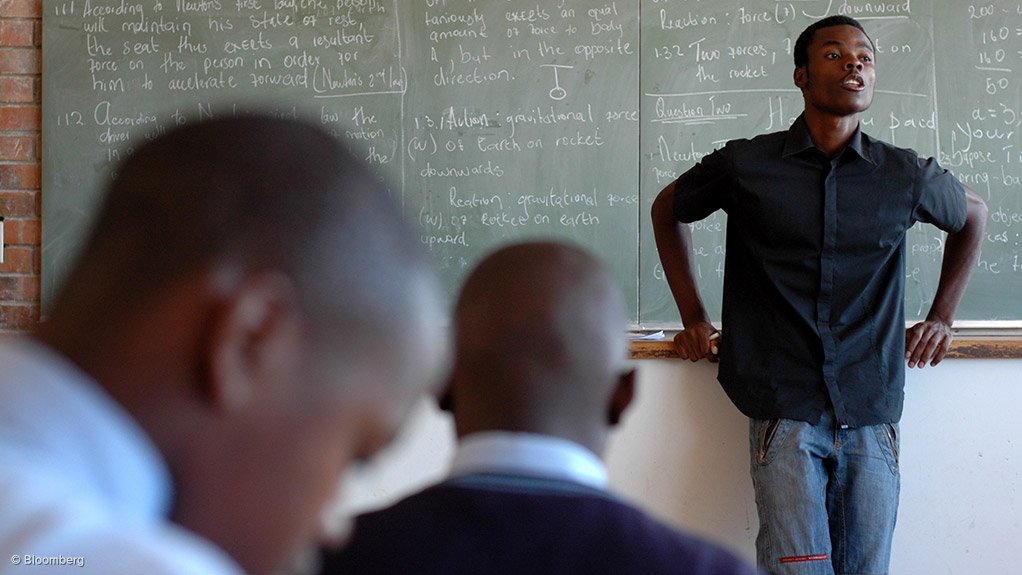The content on this page is not written by Polity.org.za, but is supplied by third parties. This content does not constitute news reporting by Polity.org.za.
The Government of National Unity must flex its muscles and stop the Western Cape from chopping more than 2400 teacher posts.
While budgetary constraints are impacting all provincial education departments, the Western Cape is seemingly the only province that is refusing to shift money around to plug the gap (though it has the choice and the resources to do so).
South Africa already has a critical shortage of teachers. Five months ago, the Basic Education Minister announced that the department had started recruiting to fill the 31 000 teacher shortage in the country.
The impact of the teacher shortage is ballooning class sizes, particularly at schools in less well-off areas. The national guideline is a ratio of one teacher to 30 learners, but in many instances the ratio is already more than 1:50.
The Western Cape says it has no option but to cut back on the number of teachers, which simply isn’t true. The fact is that the Western Cape could avoid teacher job losses by cutting back on its discretionary funding to other sectors.
Nearly 50% of the funds that the Western Cape receives from national, in the form of the Provincial Equitable Share, is calculated on the basis of learner numbers at schools, but a large slice of this money is not used for education.
The National Treasury told a national media outlet last week: “Once provinces receive the transfers from the national government (and any other revenue they may raise within their own powers and jurisdiction), they are constitutionally and legally responsible to formulate their own budgets, distributing available resources to the departments and sectors that they are prioritising.”
While the national government provided guidance to provinces in respect of budgeting, it did not instruct provinces on which departments to fund, or “about the trade-offs provinces must implement”, Treasury said.
Since 2019, the Western Cape’s trade-offs have included “borrowing” from education and health services to pay R1.7 Billion on a Safety Plan, with another R1 Billion committed over the next three years.
While only criminals will disagree with the notion of additional resources to fight crime, policing is not a provincial competency and should not be funded by deprioritising education.
Not all the provincial education departments have announced how they will manage with relatively less money, but indications are that the Western Cape, alone, is reducing the number of teachers posts.
The Eastern Cape, KwaZulu-Natal and Gauteng have publicly stated that teaching posts in their provinces won’t be affected. The North West Department of Education has said they are seeking to cut R700-million from the budgets of other departments, and that filling of vacant school-based posts was exempted from cost-containment measures.
The Free State, Limpopo and Northern Cape have yet to announce their plans, but speaking on SABC last week, a SADTU spokesperson said these provinces were not expected to cut posts.
When the provincial education departments presented their plans to the Portfolio Committee on 20 August 2024, none indicated that they would have to cut educator posts.
South Africa can’t afford to deprioritise education. Educating the nation is a national priority. The Government of National Unity must provide national leadership and force the Western Cape to toe the line.
Issued by Brett Herron, GOOD: Secretary General & Member of the Western Cape Parliament
EMAIL THIS ARTICLE SAVE THIS ARTICLE ARTICLE ENQUIRY FEEDBACK
To subscribe email subscriptions@creamermedia.co.za or click here
To advertise email advertising@creamermedia.co.za or click here











